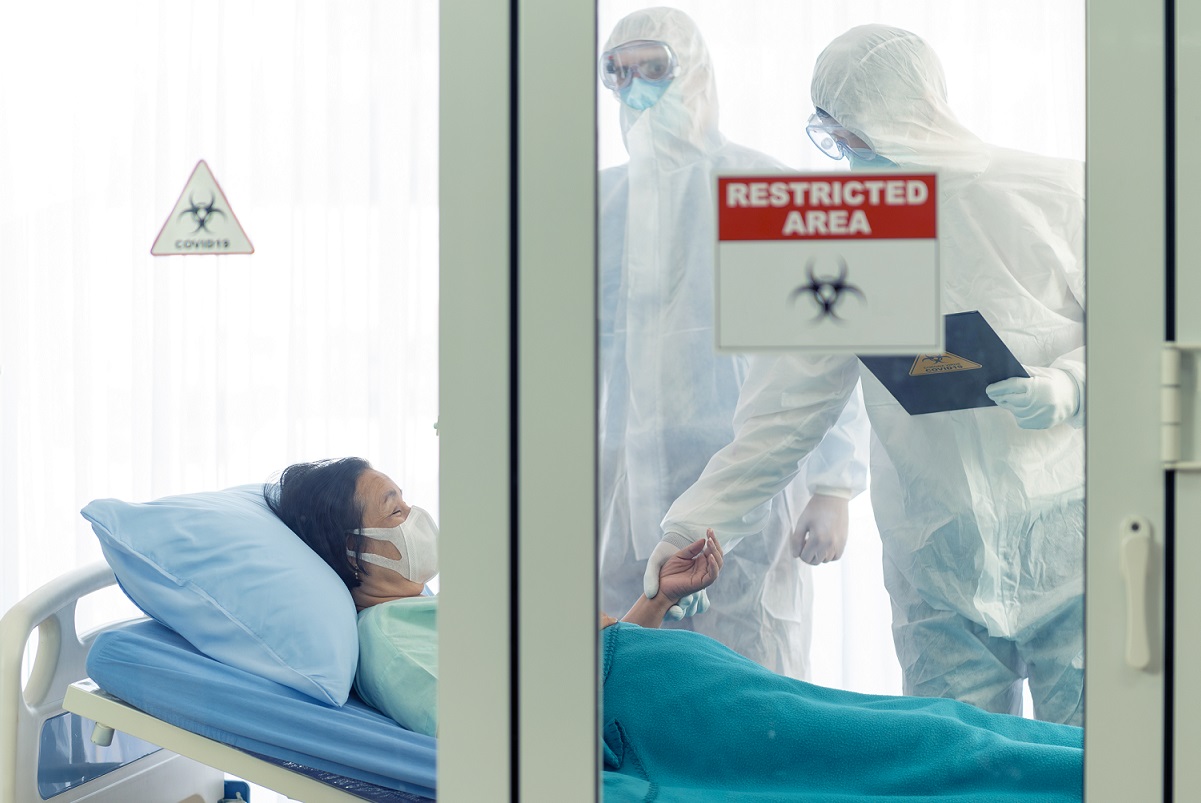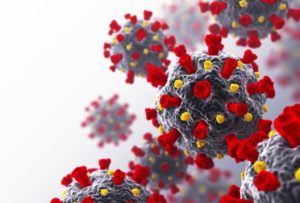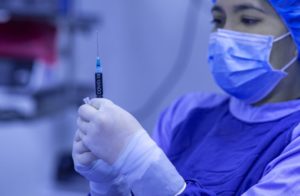
A world-leading research collaboration in South Australia has delivered crucial insight into the lasting immune system dysregulation caused by COVID-19.
The study, conducted by experts at SAHMRI, Flinders University, the University of Adelaide, the Women’s and Children’s Hospital and the Royal Adelaide Hospital, showed that people’s immune systems were significantly altered six months after their COVID-19 infection, with the immune cells and gene expression experienced during this post-infection period holding clues to the intriguing ‘Long COVID’ symptoms affecting some patients.
The latest study results, published in BMC Medicine, indicates Long COVID could be linked to lower blood platelet count, with patients showing signs of thrombocytopenia (low platelet count) at six months post-infection compared to those who didn’t suffer Long COVID symptoms.
The research team profiled the immune systems of 69 people aged between 20 and 80 years old who contracted the original Wuhan strain of COVID-19, over a 6-month period post infection. Of the total cohort, 47 were recovering from mild infection, 6 from moderate and 13 were recovering from severe or critical disease.
Around one- third expressed symptoms associated with Long COVID and were referred to a Long COVID clinic.

Professor David Lynn, Director of SAHMRI’s Computational & Systems Biology Program and Professor of the College of Medicine and Public Health at Flinders University, says low platelet count is associated with fatigue.
“We’ve found persistent mild thrombocytopenia in people with Long COVID and one of the most common side effects of this condition is fatigue, which is also the primary symptom of Long COVID,” Professor Lynn says.
“This could go some way towards explaining what’s happening inside the body that’s causing Long COVID.”
Most study participants showed significant immune system dysregulation for at least 12 weeks post infection, though the majority returned to normal levels by 24 weeks.
Researchers found no strong correlation between severity of infection and the severity of immune dysregulation post infection. Immune dysregulation was evident even in those patients who experienced mild infection.
 It’s yet to be determined why some people get Long COVID and not others, as well as how the various strains of the virus might impact Long COVID differently.
It’s yet to be determined why some people get Long COVID and not others, as well as how the various strains of the virus might impact Long COVID differently.
“The level of disease severity doesn’t translate directly to the level of immune dysregulation and we haven’t been able to find any patterns indicating that an individual’s age or sex is a differentiating factor governing differences in recovery.
“Clearly there are other factors at play that need to be explored,” Professor Lynn says.
“At this stage we’ve only been able to analyse data from the original strain of the virus, so it’s not possible to say how Delta and Omicron may vary the immune system response.”
The study was jointly led by Professor Simon Barry, Head of Molecular Immunology Group at the University of Adelaide’s Robinson Research Institute; and Dr Branka Grubor-Bauk, Head of Viral Immunology Group, THRF Mid-Career Fellow at the University of Adelaide and Basil Hetzel Institute for Translational Health Research.
The unique longitudinal analysis examined antibody responses, the expression of thousands of genes in the blood, and approximately 130 different types of immune cells, that were compared to healthy controls.
As well as a substantial increase in the number of immune cells and antibodies, researchers found there was also strong dysregulation of gene expression, particularly in those genes linked to inflammation.
Gene expression refers to information stored in DNA that regulates how cells respond to changing environments.
This can include controlling when and how much response is made against an invading virus.
The study has also added further evidence that those who’ve had COVID-19 develop some immunity to the virus.
Participants antibody titers indicated a high level of immunity for at least six months post infection, but it’s unknown whether the same result would be true for those who contract other strains.
Researchers will continue to follow the participants for three years to document how the immune system continues to respond long term.

The ‘COVID-19 SA’ study results have been published in BMC Medicine, ‘Long-term perturbation of the peripheral immune system months after SARS-CoV-2 infection’ (2022) by FJ Ryan, CM Hope, MG Masavuli, MA Lynn, ZA Mekonnen, AEL Yeow, P Garcia-Valtanen, Z Al-Delfi, J Gummow, C Ferguson, S O’Connor, BAJ Reddi, P Hissaria, D Shaw, C Kok-Lim, JM Gleadle, MR Beard, SC Barry, B Grubor-Bauk and DJ Lynn DOI: 10.1186/s12916-021-02228-6
Acknowledgements: The study was funded by The Hospital Research Foundation, Flinders Foundation, The Women’s and Children’s Hospital Foundation, and the Flinders University College of Medicine and Public Health COVID-19 grant scheme.

